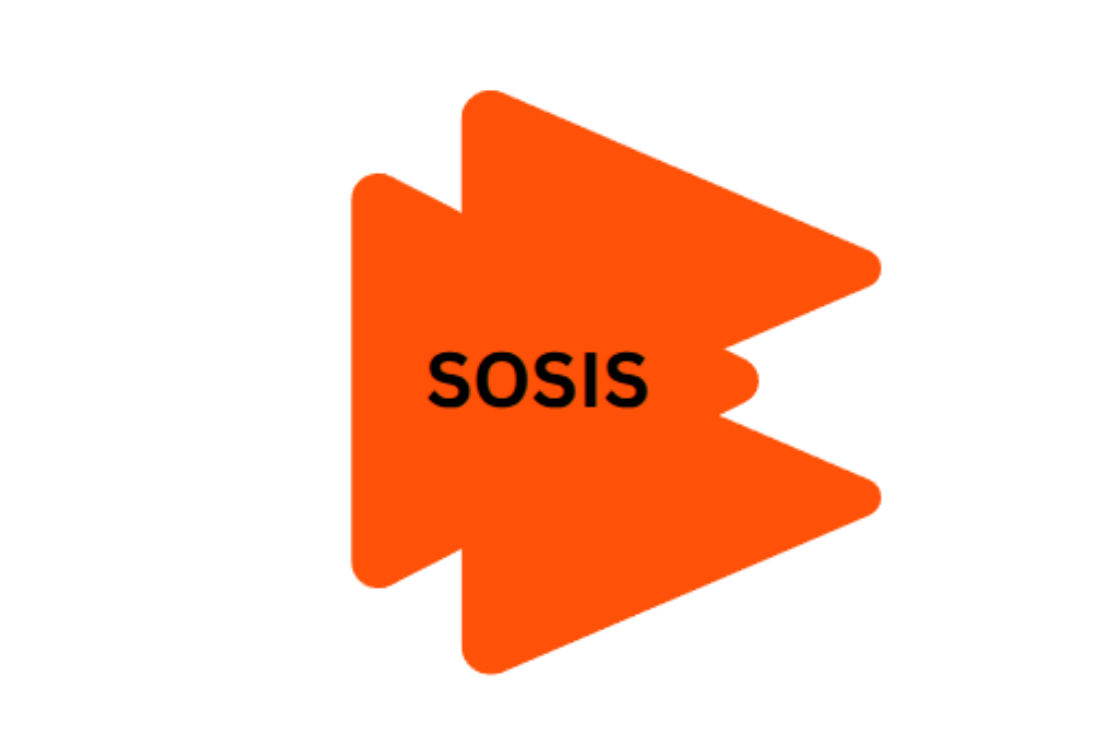The SOSIS project aims to optimize the development and certification of software product lines (SPLs) in safety-critical and mission-critical systems. It focuses on managing the increasing variability and complexity across the software lifecycle — from requirements engineering to testing and deployment — while ensuring compliance with strict certification standards. SOSIS integrates model-based development with AI/ML techniques to increase reuse, reduce time-to-market, and lower development costs across high-assurance domains such as telecommunications, home appliances, and embedded systems.
The main goals of the project:
- Optimize Software Product Line Engineering: Enable faster, more systematic, and cost-effective generation of software variants through advanced tools and automation.
- Reduce Certification Efforts: Reuse certification artefacts using AI/ML-supported methodologies to reduce effort in validating safety- and mission-critical systems.
- Enable Data-Driven Engineering: Apply intelligent analysis on requirements, test cases, and system logs to improve the accuracy and traceability of SPL artefacts.
- Support Industrial Innovation: Provide scalable, configurable solutions for industries handling high variability (e.g., telecom, home appliances), fostering better software lifecycle integration.
- Bridge Safety and Security Engineering: Manage the interaction between safety and cybersecurity certifications (e.g., SIL and SL) to avoid costly re-homologations
Some Project KPIs/Major SOSIS outcomes:
- Reduce Testing Costs by 30–50% through AI-optimized test case reuse and prioritization
- Increase artefact reuse (requirements, implementation, testing) by up to 70% across product variants.
- Left-shift fault detection by 20–30% using ML-based log analysis and variability-aware issue identification.
- Reuse Certification Artefacts by 20–30%, accelerating compliance with safety/security standards.
- Develop NLP-based tools to recommend reusable requirements across variants.
- Establish feedback loops from operational data to continuously optimize variant development and deployment.
Consortium Members:
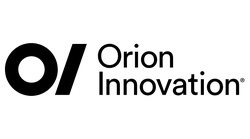 |  |  | 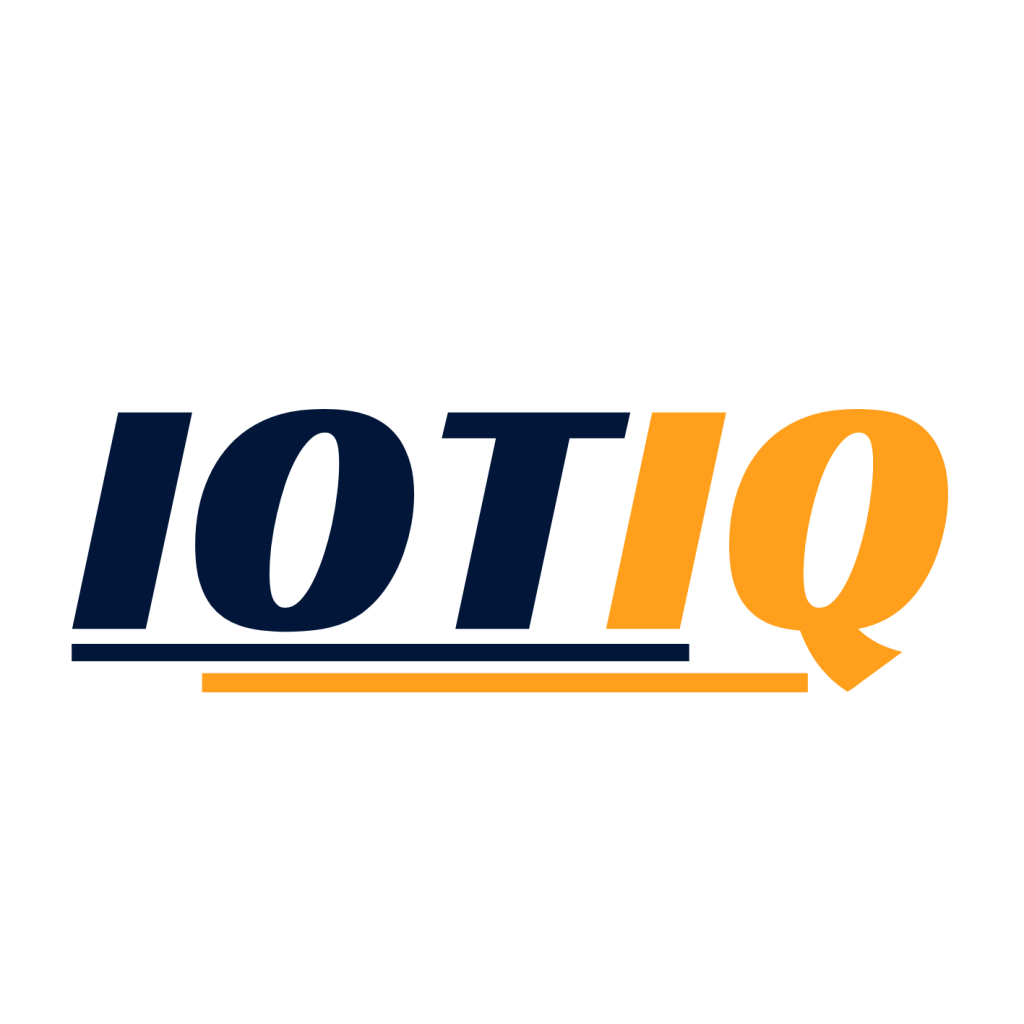 |
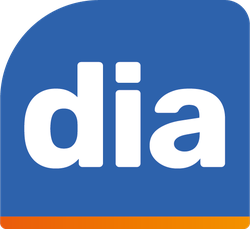 | 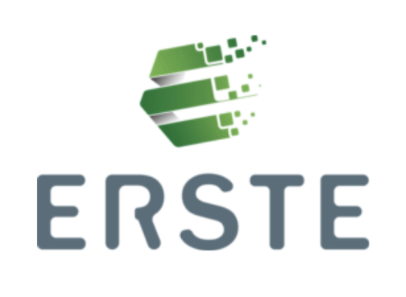 | 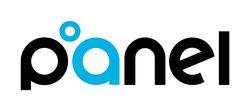 |  |
